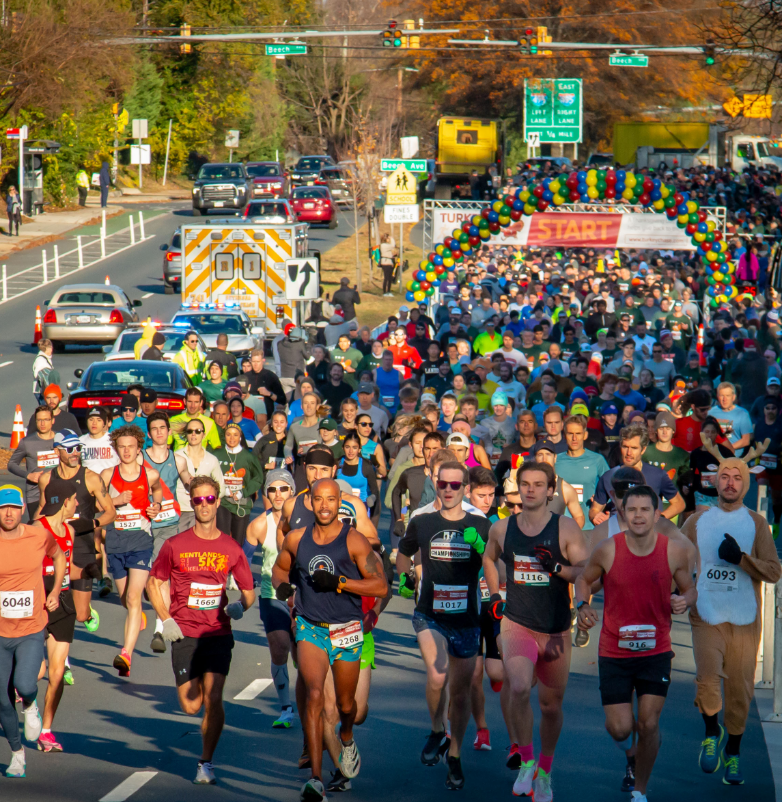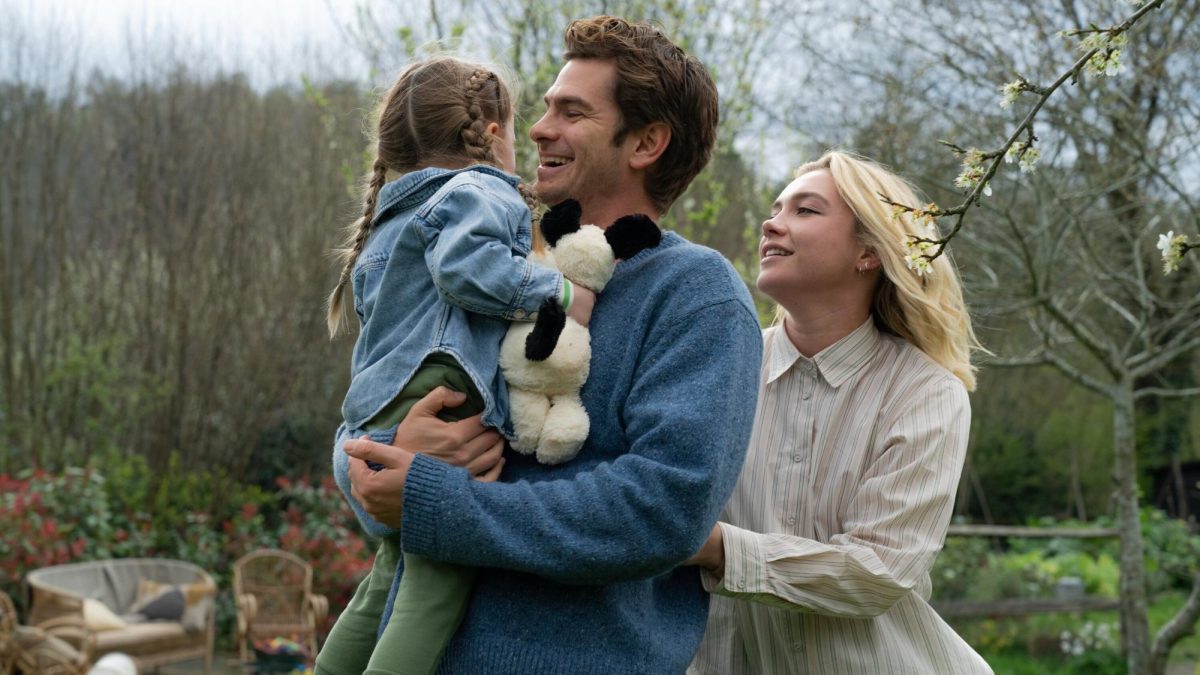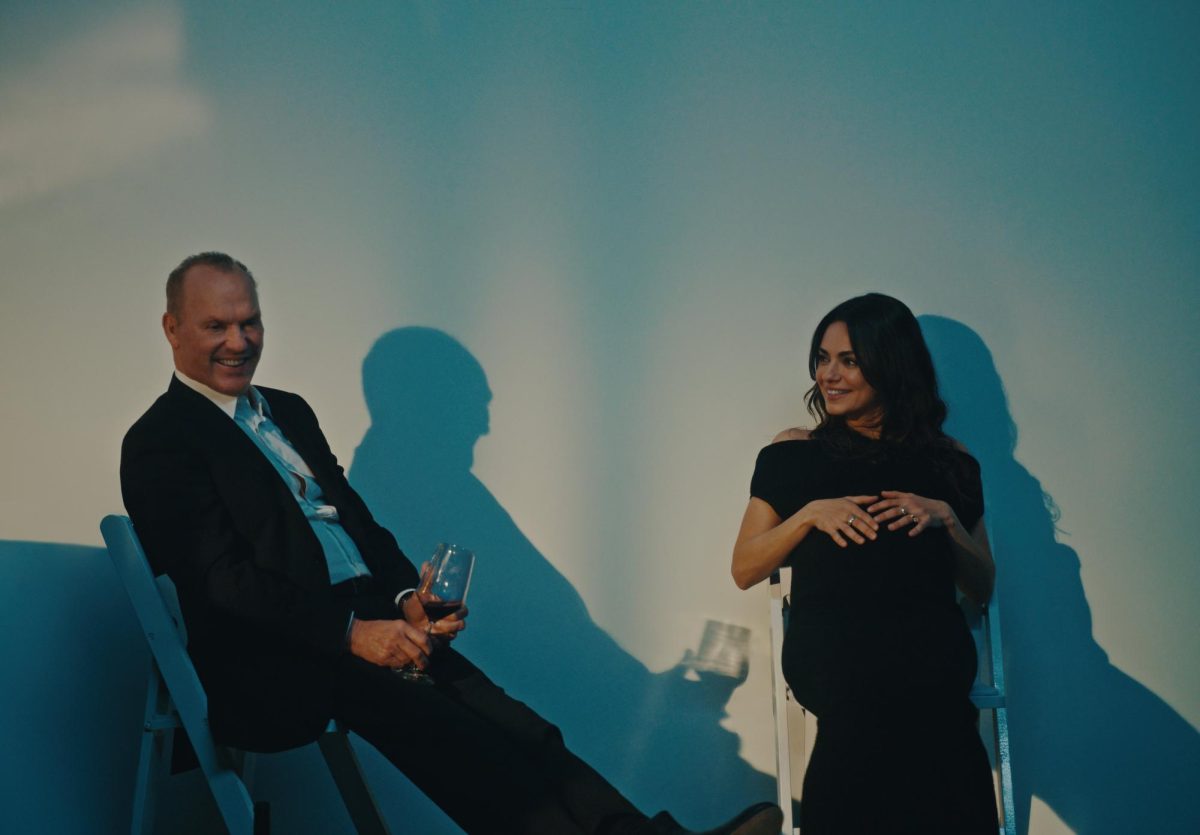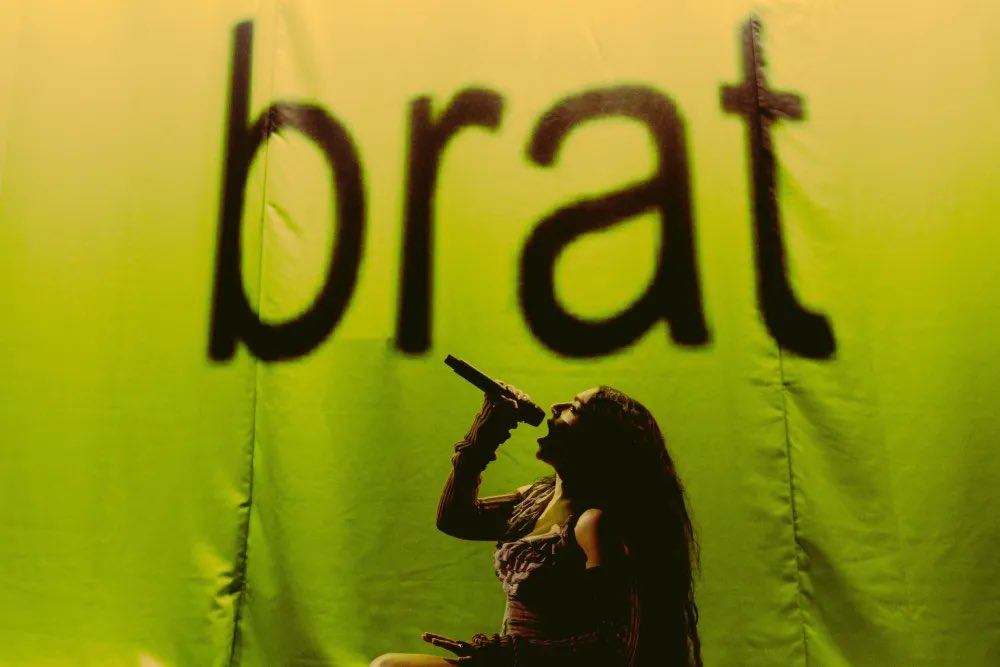Junior Amye Elfin spent December through March in Cape Town, South Africa on an exchange program. Elfin studied at the Wynberg School in subjects like Afrikaans and British history. She stayed with an Indian host family and spent time sight-seeing and learning about the country.
How did the exchange program get started, and how did you learn about it?

Mr. Mathis organizes it. A former student of his went to South Africa and teaches over there at the Wynberg School. I was really good friends with the girls who came over from South Africa last year, they encouraged me to apply.
What was your experience at school like?
It’s an all girls school, it’s a lot smaller, there are uniforms, but beyond that, teenagers are kind of the same everywhere you go. It took me 2 or 3 weeks to figure out the school schedule, so I was just following other people to classes. It was kind of a sense of being really familiar but feeling really different, which was a theme of my trip.
How did you feel about studying Afrikaans?
Most of the people in the South African system who’ve lived in South Africa their entire lives have been taking Afrikaans since they started formal schooling, so it’s not like a language class here. I had a limited grasp at what was going on.
Is their education system any different from ours?
When you chose to take a class there, you’re choosing to take it for 3 years. You’re getting a cumulative education so you have the ability to get more in depth with what you’re talking about but it limits you in that you can’t take electives or more specialized classes.
What did you do after school?
I often went sight-seeing after school. Sometimes my host sister had dance, so I went with her. A lot of people will go to the mall or clubs or sports practices. It’s similar to Whitman but sports are less intensive, they don’t practice every day of the week.
How do kids get around after school? Is walking safe?

Students can’t drive until they’re 18 so they rely on their parents a little bit more. Everyone there has fences and gates around their houses and alarm systems. It’s not necessarily unsafe to walk somewhere, but it’s not as safe at night or to walk alone, you’re a little bit more cautious.
How did people feel about the South African government?
A lot of people are very critical of the government, want change and know what change should happen but it’s not happening, and they blame it on the current administration, particularly the crime rates and the rape rates and the violence rates, which are going up like crazy. In the wake of the Oscar Pretorius scandal, people are getting angrier and angrier, and there’s dissent.
Was there a noticeable difference in food customs?
There’s a big population of vegetarians among Hindus, and Muslim girls ate Halal food. South African culture has a lot of meat. It depends where you are, people have different typical dishes. People don’t know very many Jewish people. There are synagogues, but people don’t really know much about it. There was for me a little bit of cultural longing, no one knows how to make a bagel correctly and that makes me really sad.
Did you get homesick?
I don’t tend to get homesick, but I had already known my host sister and the other exchange girls, so I had them and their families and friends. For the most part, I was too busy to be homesick. I was so exposed to the environment and the new people, that I didn’t really have time to sit back and get homesick.








